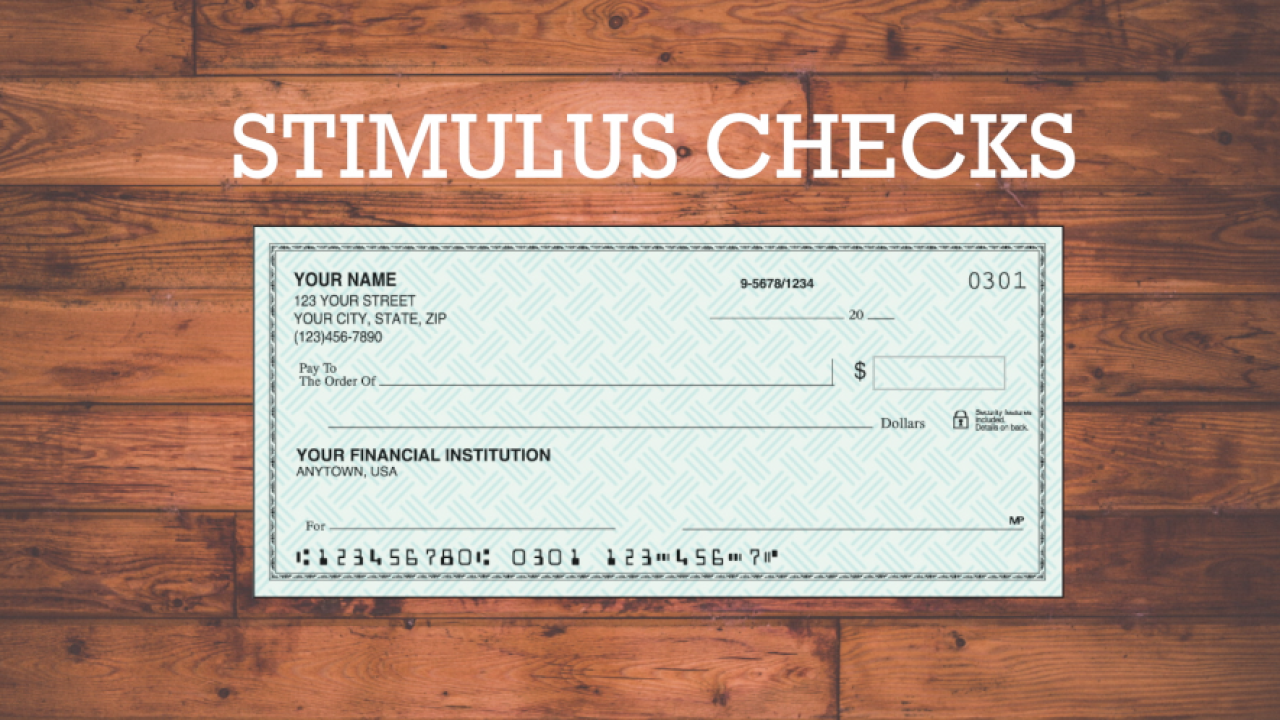Millions of Americans are desperately waiting for their Stimulus checks. Amidst this chaos, some people are taking advantage of these desperate Americans by fooling them via fraud. Don’t be a victim of coronavirus check scams or fraud, beware of identity thefts by these important safety tips by IRS.
#IRS and Security Summit warn #TaxPros of cybercriminals taking advantage of COVID-19 to create new scams: https://t.co/fdG5tAPYHP #TaxSecurity pic.twitter.com/ZNLbR71zu5
— IRSnews (@IRSnews) April 14, 2020
The IRS is continuously urging all the taxpayers to be careful. The fraudulent schemes concerning these payments may steal your only ray of hope if you are not careful.

While a few Americans have already received their stimulus checks, more than half of the population is still waiting for their checks. These checks intend to reduce the financial burden caused by this epidemic.
Look out for fake calls or emails
IRS is unceasingly warning American taxpayers to look out for fake calls or emails.
The IRS’s Criminal Investigation Chief, Don Fort said, “History has shown that criminals take every opportunity to perpetrate a fraud on unsuspecting victims, especially when a group of people is vulnerable or in a state of need”
While Americans are waiting for the legal reception of their stimulus checks, the criminals are desperately looking out for one wrong move to trick them.
The IRS’s CID is working very hard to catch all the scammers to shut them for good. Meanwhile, the public should be vigilant.
“We urge people to take extra care during this period. The IRS isn’t going to call you asking to verify or provide your financial information so you can get an economic impact payment or your refund faster,” said the IRS’s Commissioner Chuck Rettig.
For most people, no action is needed to get an economic impact payment from #IRS. Parents will also receive $500 for each qualifying child under 17. Learn more at https://t.co/hEEWmgHA9V #COVIDreliefIRS pic.twitter.com/wUG0oqJFwX
— IRSnews (@IRSnews) April 15, 2020
Key warning signs to spot a stimulus check fraud
- Emphasis on words such as ‘Stimulus Check’ or ‘Stimulus Payment’. The official website only uses the terms “economic impact payment.”
- Asking you to sign your economic impact payment check to someone else.
- Requesting by phone, emails, texts or social media platforms for any verification.
- Suggesting tax refund or economic impact payment quicker.
- Mails of a fake check.
- Mails or texts with links.

Americans must Go to the official website IRS.gov only to receive all the valid information. Do not trust any other, texts, websites or social media attempts.
Any other platform that is requesting money or asking for personal information is trying to rob you.









